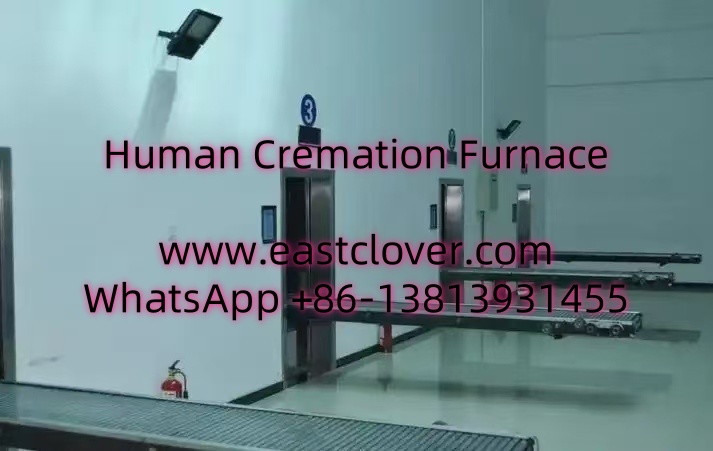Introduction
South Africa’s funeral industry is undergoing a quiet revolution, driven by innovation and necessity. Mobile container human cremation furnaces are emerging as a transformative solution to challenges such as overcrowded cemeteries, environmental concerns, and cultural shifts. These portable units, housed in repurposed shipping containers, combine efficiency, affordability, and adaptability to meet the needs of a diverse population.
Challenges in South Africa’s End-of-Life Care
South Africa faces unique pressures in managing end-of-life services:
- High Mortality Rates: The HIV/AIDS epidemic, aging populations, and accidents strain burial infrastructure.
- Urban Land Scarcity: Cities like Johannesburg and Cape Town struggle with limited burial space.
- Environmental Impact: Traditional burials involve embalming chemicals and land use, while older cremation methods emit pollutants.
- Cultural Diversity: Balancing traditional burial practices with growing interest in cremation requires flexible solutions.
How Mobile Container Cremation Furnaces Work
These units are engineered for portability and compliance:
- Modular Design: Built within shipping containers for easy transport and installation.
- Advanced Technology: Use cleaner fuels (natural gas, electricity) and filtration systems to reduce emissions.
- Scalability: Operators can deploy units temporarily or permanently based on demand.
- Customization: Configurable to accommodate cultural rituals, such as family viewings or religious ceremonies.
Benefits of Mobile Cremation Solutions
Accessibility in Underserved Areas
Rural communities gain access to dignified cremation services without long-distance travel.
Cost-Effectiveness
Cremation reduces expenses related to caskets, burial plots, and maintenance, easing financial burdens on families.
Environmental Sustainability
Lower carbon footprint compared to burials and outdated crematoriums, aligning with global ecological goals.
Cultural Sensitivity
Supports hybrid practices, allowing families to integrate cremation with traditional mourning rituals.
www.southclover.com
Mobile container cremation furnaces represent a pragmatic and compassionate shift in South Africa’s approach to end-of-life care. By addressing spatial, economic, and environmental challenges, they offer a scalable model for other regions grappling with similar issues. As acceptance grows, these innovations could redefine funeral services while honoring the nation’s cultural heritage.
Frequently Asked Questions (FAQs)
How does a mobile cremation furnace operate?
The unit is transported to a site, connected to utilities, and operated by trained technicians. The process adheres to health and emissions regulations.
Are these furnaces environmentally friendly?
Yes. Modern filters and energy-efficient designs minimize pollutants, making them greener than traditional methods.
Typically, yes. Cremation avoids costs like land purchase and grave maintenance, though pricing varies by provider.
Do South African communities accept cremation?
Acceptance is growing, particularly in urban areas. Mobile units cater to diverse needs, easing the transition for hesitant groups.
Are mobile cremation services regulated?
Yes. Operators must comply with national environmental and health standards, ensuring safety and dignity.

Comments are closed